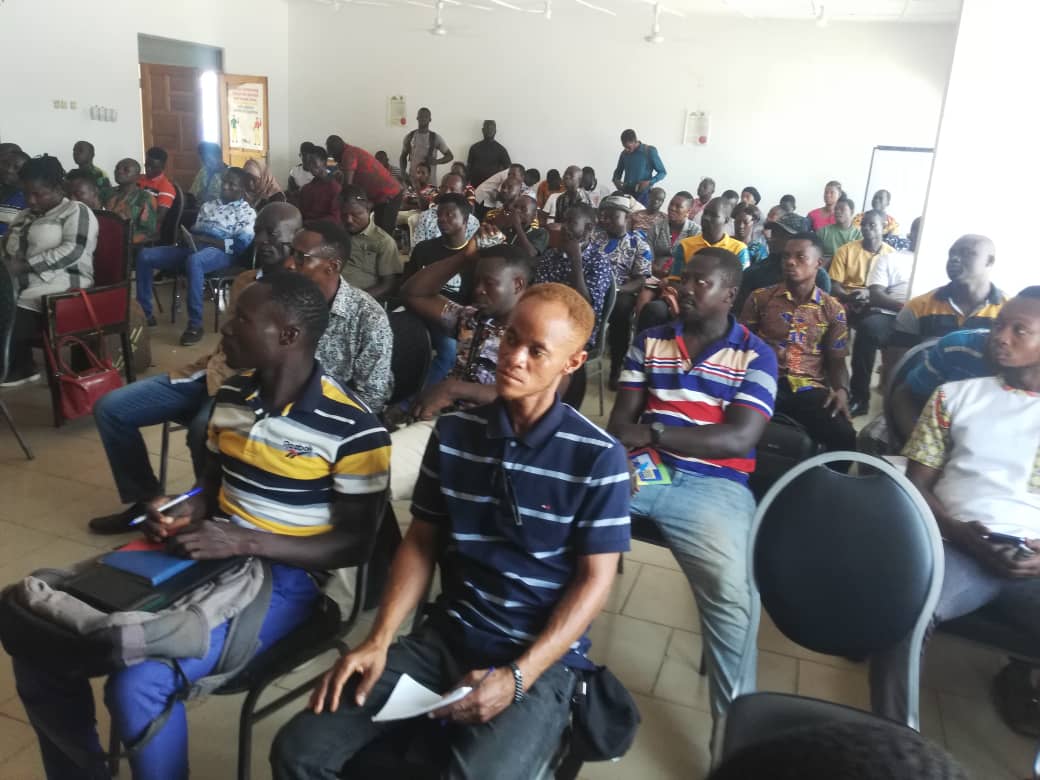The Talensi District Education Directorate has trained select teachers on cybersecurity in response to a surge in digital threats nationwide. The program, held Nov. 5 at the Talensi District Assembly Hall, forms part of National Continuing Professional Development (CPD) Day scheduled for Nov. 7.
The initiative follows troubling national data from the Cyber Security Authority (CSA), which recorded 2,008 cybercrime cases between January and June 2025. According to CSA’s Col. George Eduah Beesi, the largest categories included online fraud (725 cases), cyberbullying (496) and online blackmail (291).
The Directorate selected one teacher from each school in the district to receive training. The effort was organized in collaboration with the Financial Intelligence Centre and CSA to mark Cybersecurity Awareness Month, originally observed in October.
District Human Resource Officer Joseph Zida urged participants to take the threat seriously.
“Cybercrime has come to meet us and will continue into future generations if nothing is done to protect against it,” he said, adding that older adults — whom he jokingly referred to as “BBCs, or Born Before Computer” — tend to be especially vulnerable to scams such as hacking and fraudulent calls.
District ICT Coordinator Fatawu said cybersecurity has become critical in protecting both personal and student data, preserving professional integrity and ensuring safe online learning.
He also highlighted a case in which a teacher unintentionally allowed access to a spreadsheet containing sensitive student information, demonstrating the risks of poor data management.
Another core lesson, presented through “A Tale of Mr. Akwasi,” described a teacher who fell victim to phishing after clicking a malicious link and reusing weak passwords across different platforms.
Teacher Adombire Isaac Kankani, who participated in the session, said the training significantly shifted their understanding of cybersecurity.
“Before this training, we were more vulnerable. Now, we are more equipped,” he said.
Kankani said teachers were advised to scrutinize links and emails to avoid phishing and malware, securely store student and staff records, avoid posting teachers’ details publicly, and safely dispose of student reports. Participants were also cautioned about device cloning and encouraged to educate students on monitoring browsing history and app installations.
He added that teachers were reminded to restrict apps’ camera and webcam permissions to prevent spyware and unauthorized image capture.
Facilitators stressed that cybersecurity is a shared responsibility. Teachers were encouraged not only to safeguard their own information but to guide students — who can, in turn, educate their families — on how to recognize and avoid digital fraud.
Source: a1radioonline.com|101.1Mhz|Solomon Agame|Talensi


